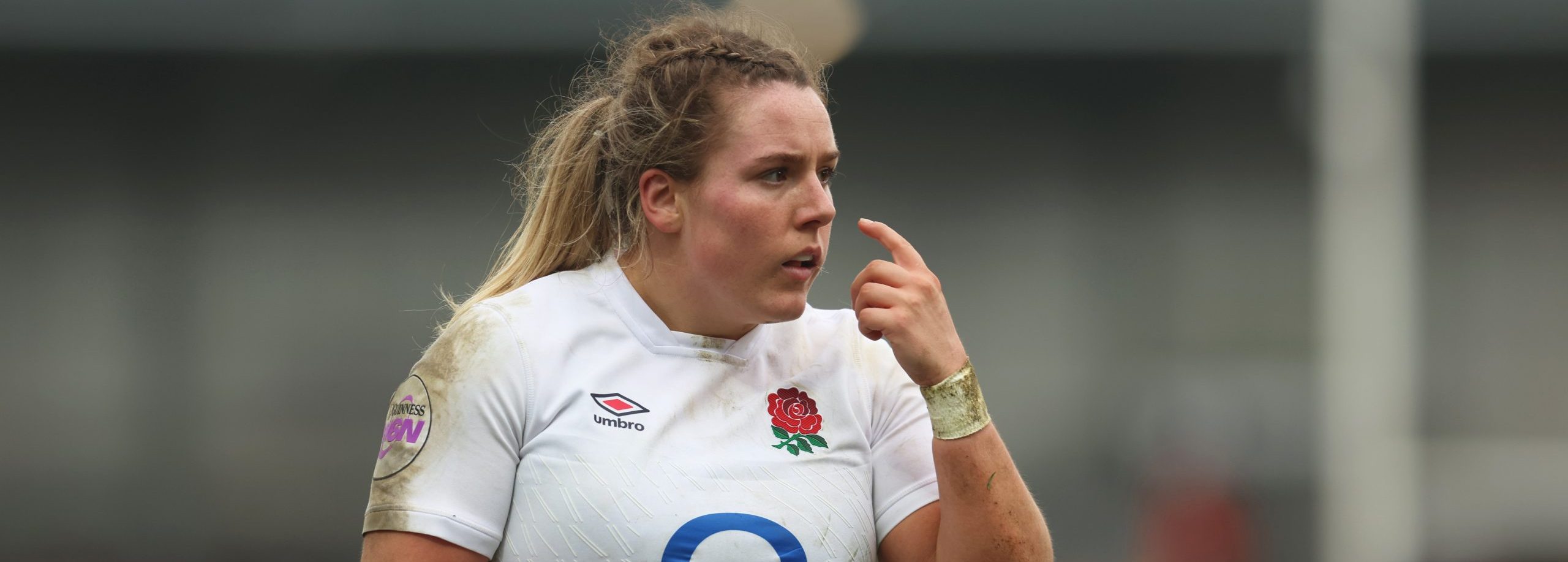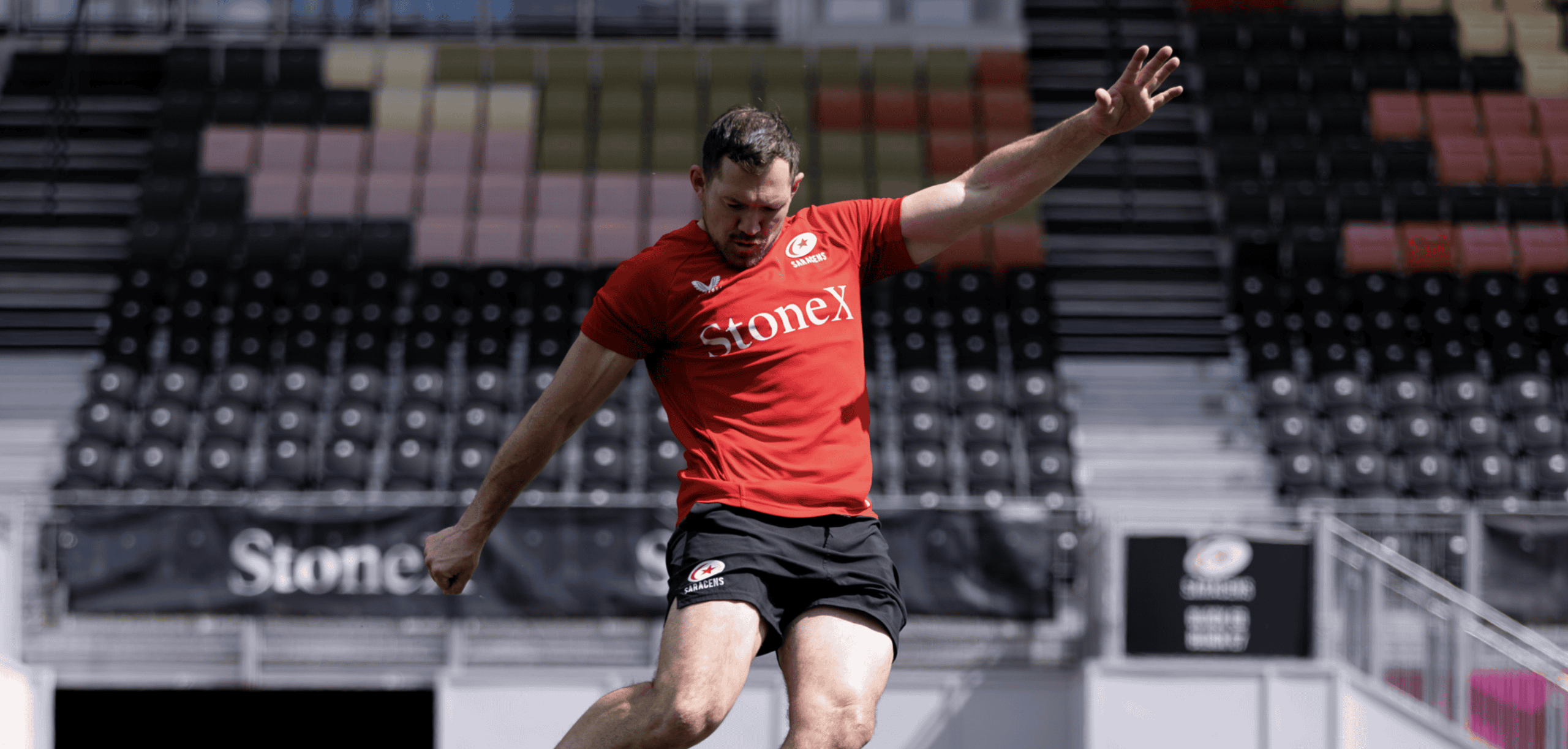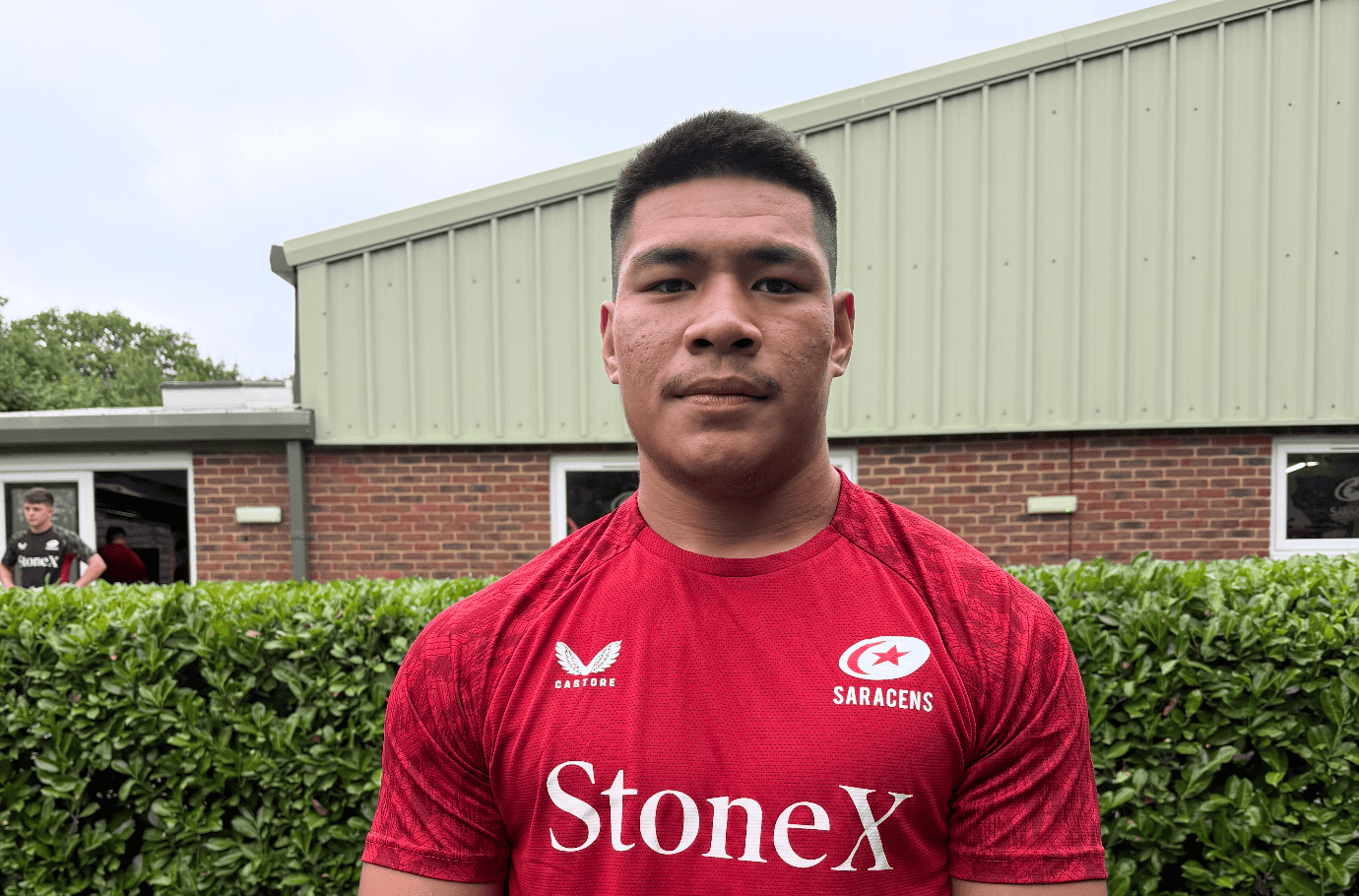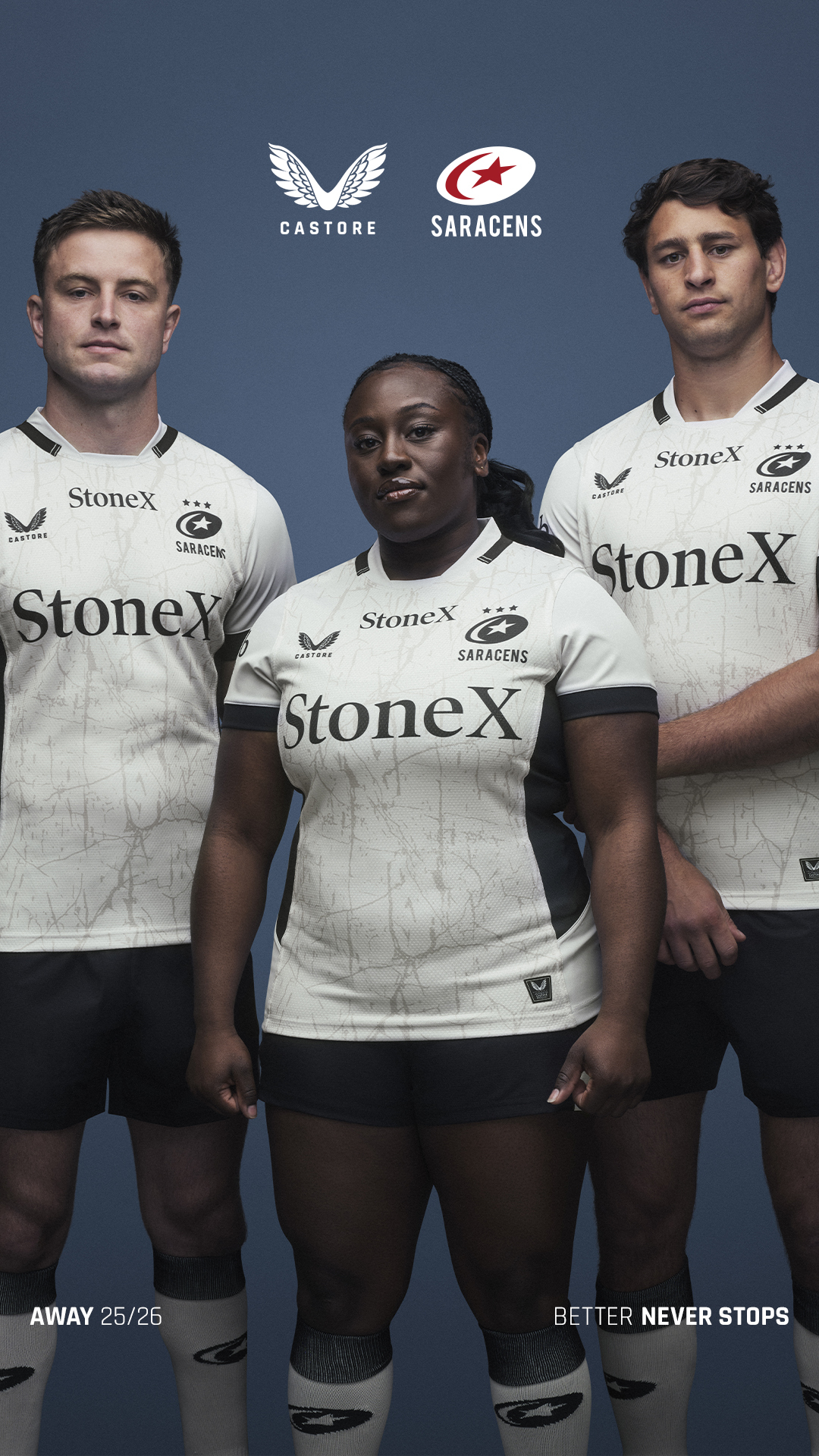Behind The Scenes | George Morgan
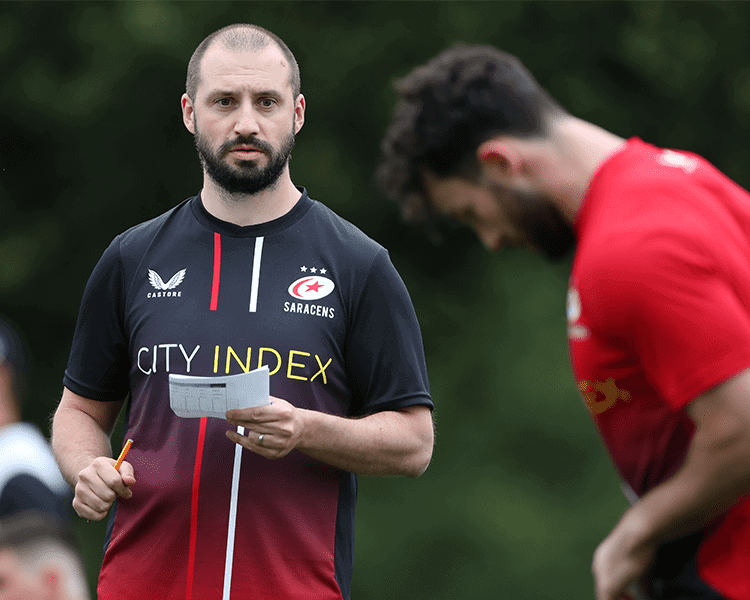

There is a little known underground movement at Saracens, a Cardiff Met University (or Uwic as it was in their day) cabal that helps keep the team on its feet, in shape and moving in the right direction.
The talented trio includes Sarries Performance Nutritionist, George Morgan, physio Jonathan George and analyst Matt Wells. When they are not reminiscing about the halcyon days of student life in the Welsh capital, they all play key roles at the club.
Morgan’s role is to ensure the energy levels within SportsEvents Guide squad always remain high. In his nine years at the club he has done a pretty good job given the silverware that has been brought back to the club.
But ‘G-Morgs’ is never one to rest on his laurels and is constantly striving to keep the players fully fuelled and happy. They say an army marches on its stomach, well Sarries follow the Morgan feeding plan to help in their success.
“It is amazing how far advanced sports nutrition is now from when I first started as an intern at Saracens in 2012. I was given a six month placement and worked under Phil Morrow – then head of S&C and now the club’s Performance Director – and Kate Baker,” said Morgan.
“Saracens is a great environment in which to work and what I do underpins athletic development and performance at the club. What, when and how much the players eat is an important part of their weekly programme both at training and at home.
“A balanced and healthy diet is good for everyone in terms of their long-term health and well-being. But the most important thing for the players is that they maintain their energy, bodyweight and performance levels.
“It is a fantastic job working day in, day out with so many great professions, although a lot of my work is aimed at the youngsters coming through the academy. We like to try to build good habits in ant an early stage.”
Having earned a bachelor of science degree in Sports Biomedicine and Nutrition at what is now Cardiff Met, Morgan was eventually able to join Saracens full-time. Since then he has added a post graduate Diploma in Sports Nutrition from the IOC, has become a member of the Sport’s and Exercise Nutrition Practitioner Register and is currently a Doctoral Student at the University of Birmingham.
All of that was achieved during his time at Saracens and he has also assisted the French Top 14 side Bordeaux-Begles and the Championship football club West Bromwich Albion in consultancy roles.
It has been a happy and fruitful association to date, with Morgan eventually taking over from Baker when she moved on to work with the English Institute of Sport, the Football Association and more recently UK Sport as their Director of Performance.
“I learned so much, so quickly at Saracens and the great thing is that my area is just one part of a much bigger jig-saw that is pieced together to enable the players to be at the best when they run onto the field,” added Morgan.
“The work I do underpins the work of our S&C and medical teams. It is a part of a greater machine that feeds into their work and we are lucky there is such a co-ordinated and collaborative approach to all the aspects of conditioning and preparation of the players at the club.
“On top of that, the response from the players has always been very mature. There are many who I’ve seen come through from the junior and senior academies to play for the first team, from Maro Itoje, Ben Earl and Nick Tompkins to Dom Morris in more recent times.
“We are very big on building relationships at Saracens and so that means getting to know not just the players and their backgrounds, but also their families. When people join us from overseas I often take them around the supermarket and give them home cooking lessons to get them on the right wavelength.
“When the players come to training at Old Albanians we feed them breakfast, lunch and also provide recovery shakes and smoothies. We monitor their weight on a weekly basis as well as their body composition.
“A 100kg back line player needs about 4,000 calories a day when he is training and between 2,500-3,000 on down days. Sometimes they will eat anything up to six times a day in equally spaced out meals.
“The food we offer differs depending on the day or phase of training and we try to lay out options that fit the eating goals of all the squad because their bodies demand a lot of energy. Refuelling is vital to ensure their energy levels remain high to allow them to perform at their optimum level.”
With two away trips to France to come in the European Challenge Cup, Morgan is expecting to head across the Channel at least a day ahead of the main party to speak to the chefs at their hotels to ensure the prescribed meal plans are all in order.
He looks after the drinks and snacks in the team room, the bedrooms and the changing rooms on match day.
“We had to be agile and flexible when COVID hit and that is one of the keys to this job. The other is to keep food fun,” he added.
“We arranged a ‘Come Dine With Me’ style experience for the players a few years ago and they all loved getting involved. It was a great exercise, but the key thing for me is seeing players improve on the pitch rather than in the kitchen.”







